Research has uncovered a potential correlation between vitamin D and enhanced immunity, marking a significant advancement in the battle against cancer. In mice, the study revealed that vitamin D promotes the proliferation of specific gut bacteria, leading to improved resistance against the disease read more
)
Image used for representational purposes/Pixabay
A recent study has uncovered a potential breakthrough in the battle against cancer, suggesting a significant link between vitamin D and enhanced immunity.
Vitamin D, obtainable through dietary sources such as fatty fish or egg yolks, or synthesised by the skin through sunlight exposure, is vital for metabolism and the well-being of bones, muscles, nerves, and the immune system. While previous indications suggested its potential protective effect against cancer, the recent discoveries come as a surprising revelation.
Conducted on mice, the study indicates that vitamin D intake promotes the growth of specific gut bacteria, thereby bolstering the animals’ ability to resist cancer.
Mice fed a diet rich in vitamin D exhibited heightened immune resistance to experimentally transplanted cancers and showed improved responses to immunotherapy treatment.
The study was recently published in the journal Science.
Vitamin D’s impact on gut microbiome
Researchers were astonished to discover that vitamin D influences particular cells in the intestine, leading to an increase in the abundance of a bacterium known as Bacteroides fragilis.
This finding suggests that the presence of this microbe potentially augments immunity against cancer, as evidenced by reduced tumor growth in mice.
Previous investigations have explored the use of vitamin D in preventing and treating various cancers, including prostate, skin, breast, and bowel cancers, underscoring its potential significance in cancer management.
Immunotherapy: A key cancer treatment
Immunotherapy, a cutting-edge cancer treatment leveraging the body’s immune system, has emerged as a pivotal tool in combating malignancies. Various immunotherapy techniques, such as monoclonal antibodies, immune checkpoint inhibitors, and cancer vaccines, have garnered FDA approval for treating different cancer types.
Dr. Evangelos Giampazolias, lead author of the study, emphasised the transformative impact of immunotherapy in treating metastatic melanoma and other malignancies. However, the efficacy of immunotherapy varies among patients, underscoring the importance of enhancing the immune system’s ability to recognize and eliminate cancer cells.
Role of vitamin D in gut health and cancer treatment
Giampazolias highlighted the crucial role of vitamin D in modulating the gut microbiome, thereby influencing immune responses to cancer. Specifically, vitamin D promotes the proliferation of Bacteroides fragilis, a bacterium associated with enhanced immunity against cancer.
Giampazolias said that he and his colleagues were intrigued by the fact that the cancer-protective role of vitamin D was absent in mice treated with antibiotics or raised in sterile environments without any living microorganisms.
“Based on these (findings) we hypothesised that vitamin D promotes cancer immunity by influencing the communities of ‘friendly’ microorganisms that live inside the animals, known as (the) microbiome. We found that vitamin D affects the cells lining the intestine, causing an increase in the levels of a bacteria called Bacteroides fragilis.” said Giampazolias
According to Giampazolias, Bacteroides fragilis is a member of a larger community of microorganisms inhabiting the intestines of mice and humans.
“To determine if the bacteria alone could improve immunity to cancer, mice on a diet containing standard levels of vitamin D were given Bacteroides fragilis,” Giampazolias said.
“These mice showed improved ability to resist tumor growth. However, this effect was not observed when the mice were given (a) diet deficient in vitamin D.”
“It is still unclear how Bacteroides fragilis (promotes) anti-cancer immunity but overall, our findings highlight an unprecedented link between vitamin D and gut microbiome that influences immune responses to cancer in mice,” he continued. “Further work is warranted to confirm a possible link between vitamin D and cancer immunity in humans.”
Mice fed a vitamin D-deficient diet did not exhibit the same level of immune response, indicating the importance of adequate vitamin D levels in bolstering cancer immunity.
Given the potential link between vitamin D levels and cancer immunity, maintaining optimal vitamin D levels is essential for overall health and may contribute to reducing cancer risk. According to the U.S. National Institutes of Health, maintaining vitamin D levels above 50 nanomoles per liter is recommended for bone health, while levels below 30 nanomoles per liter may pose health risks.
The study sheds light on the intricate relationship between vitamin D, gut microbiota, and cancer immunity, offering promising insights into novel therapeutic approaches for cancer treatment and prevention. Further research is warranted to validate these findings and elucidate the potential benefits of optimizing vitamin D levels in reducing cancer risk and enhancing immune responses.
With inputs from agencies

 4 months ago
12
4 months ago
12

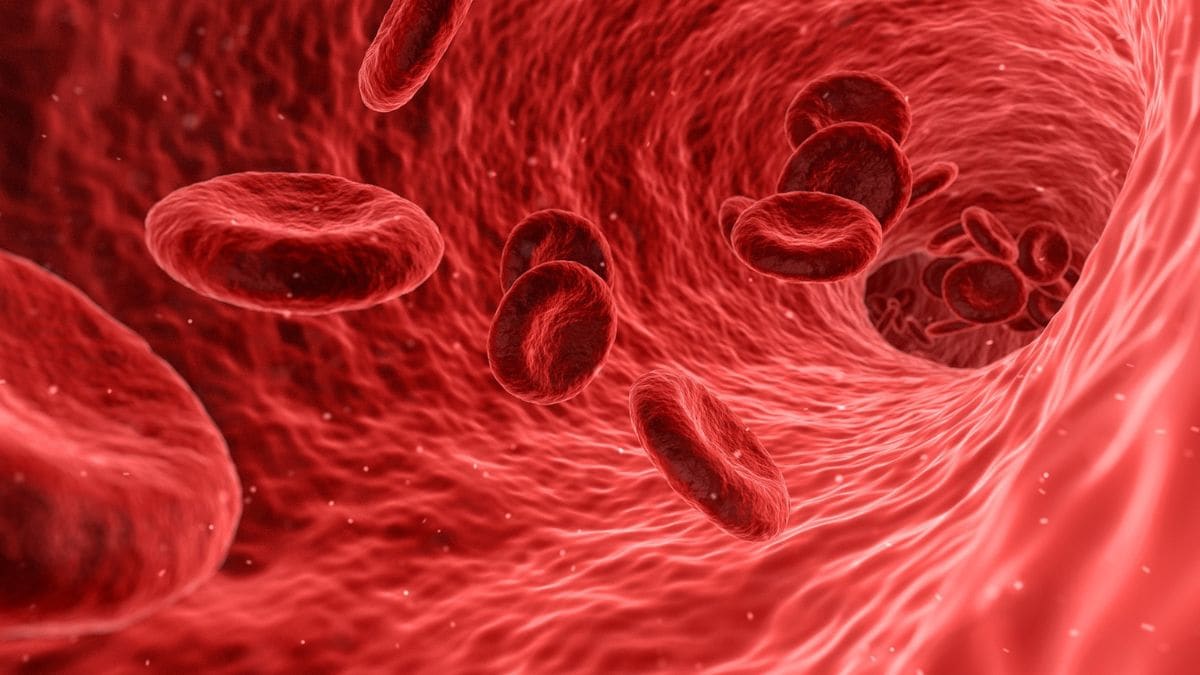
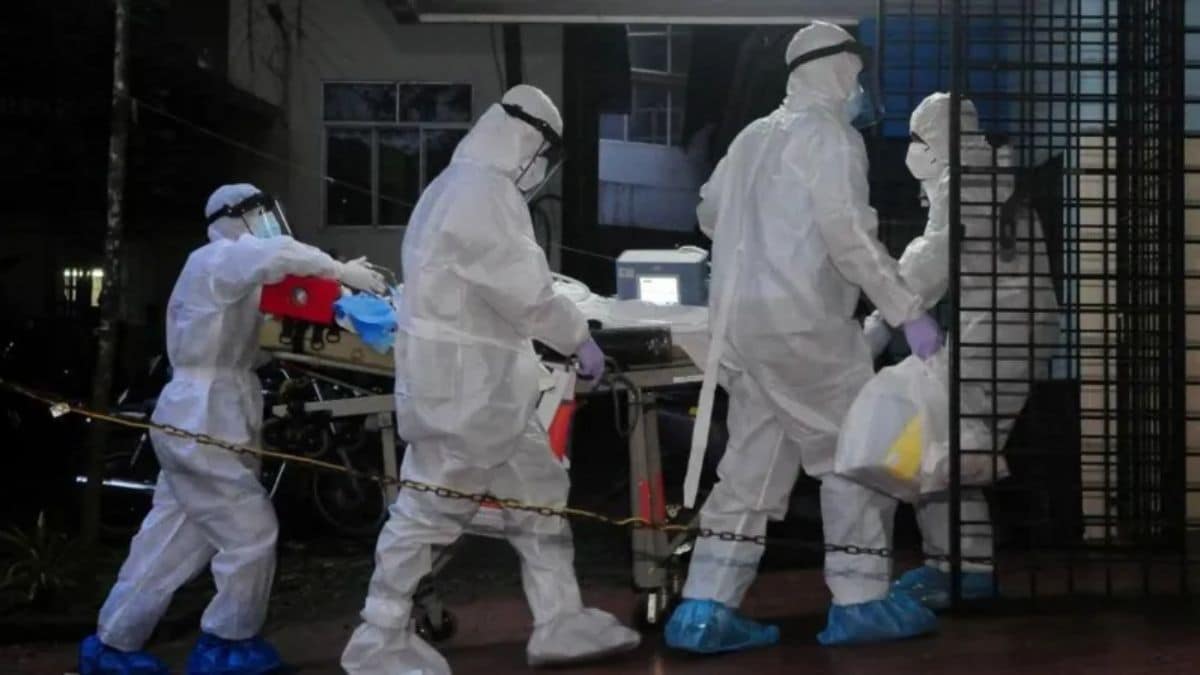
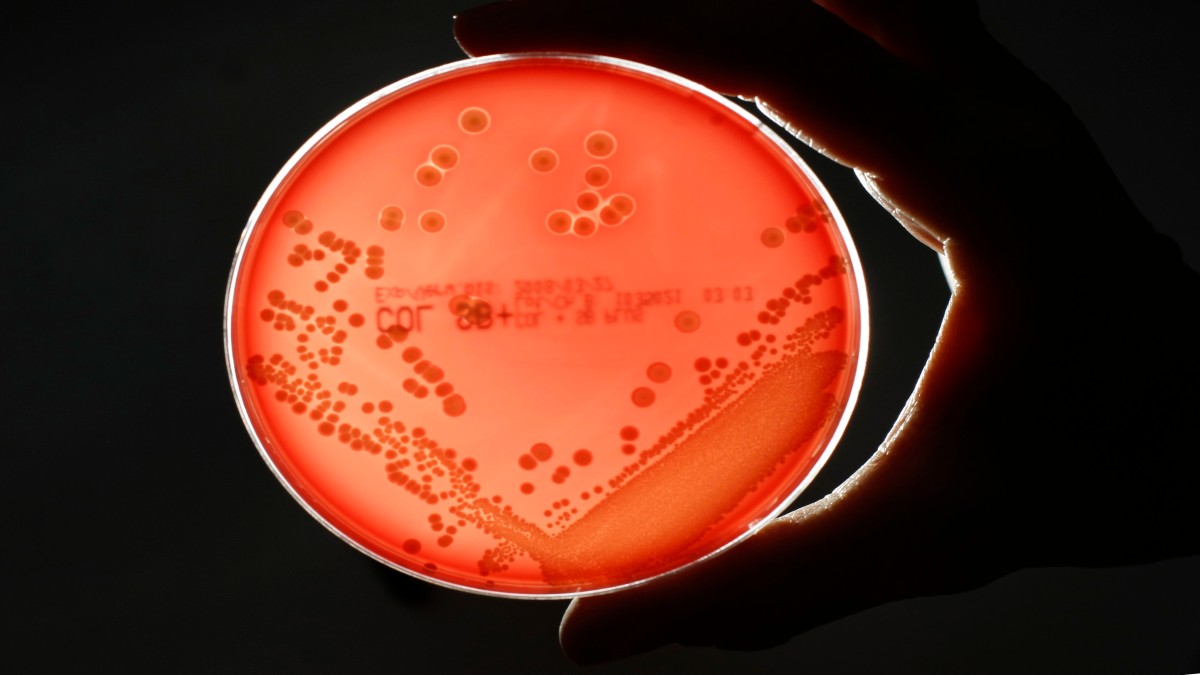



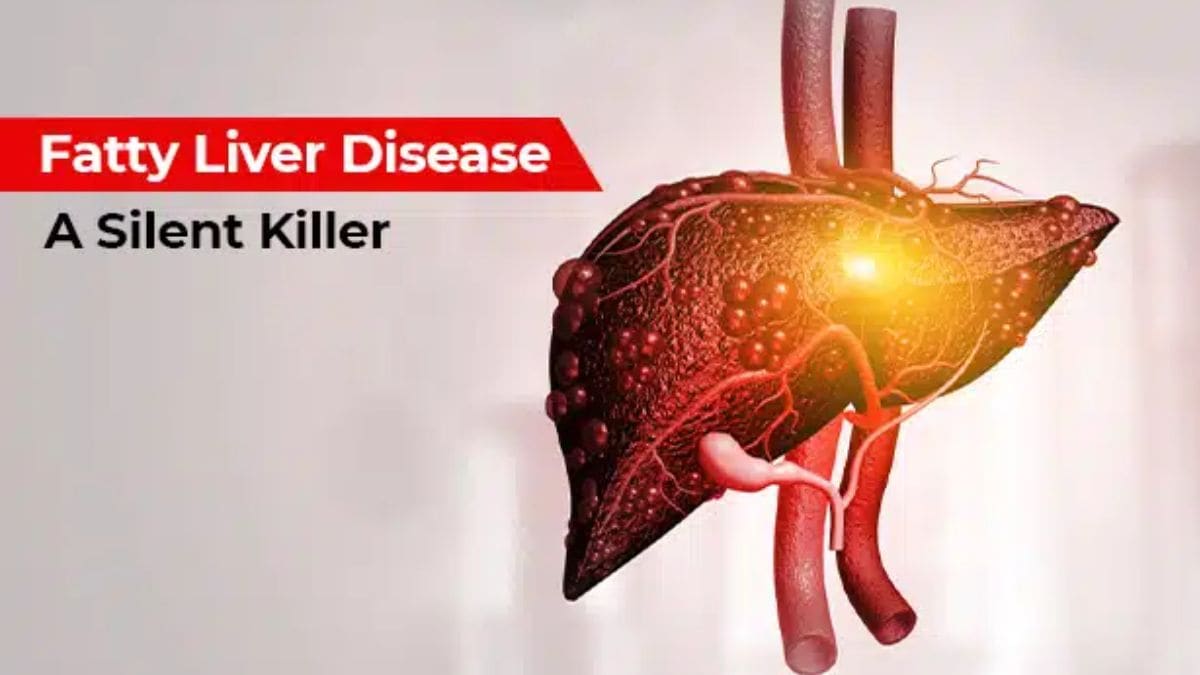



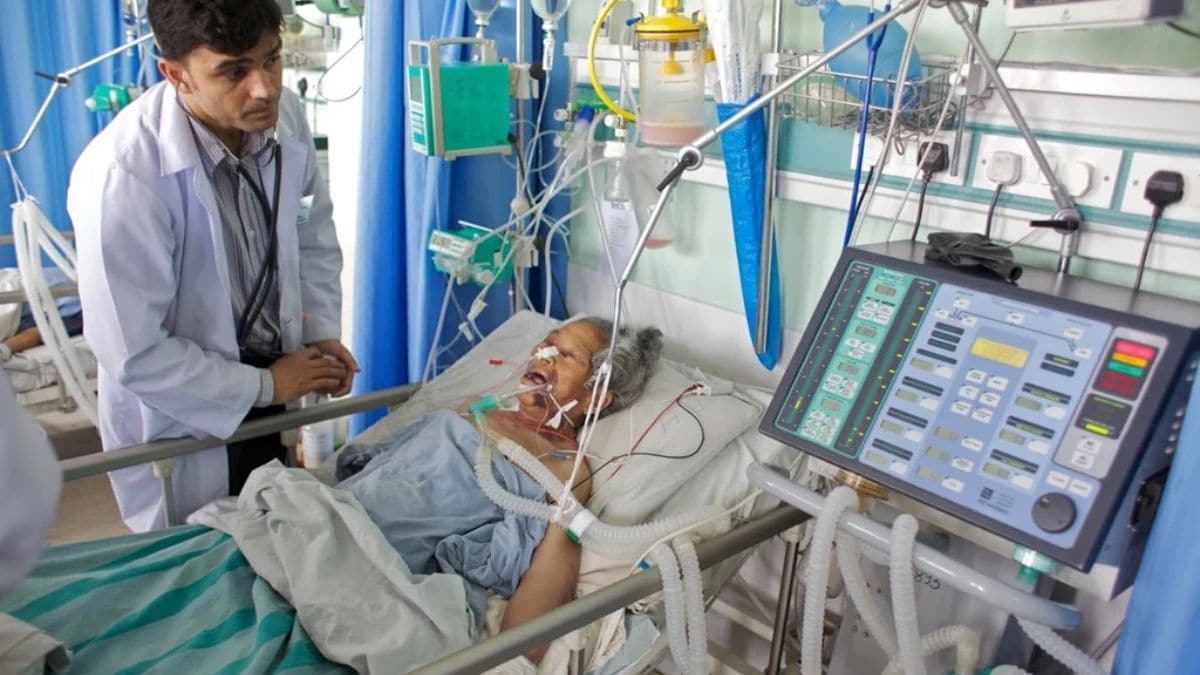
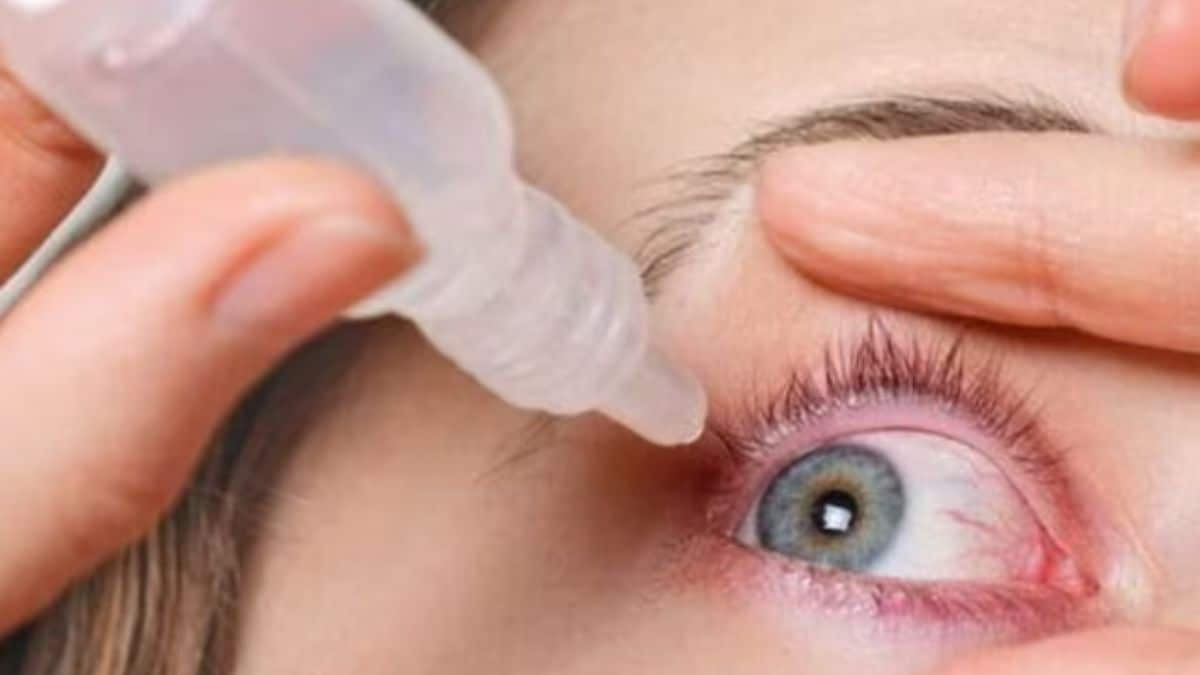





)
)
)
)
)
)
)
 English (US) ·
English (US) ·